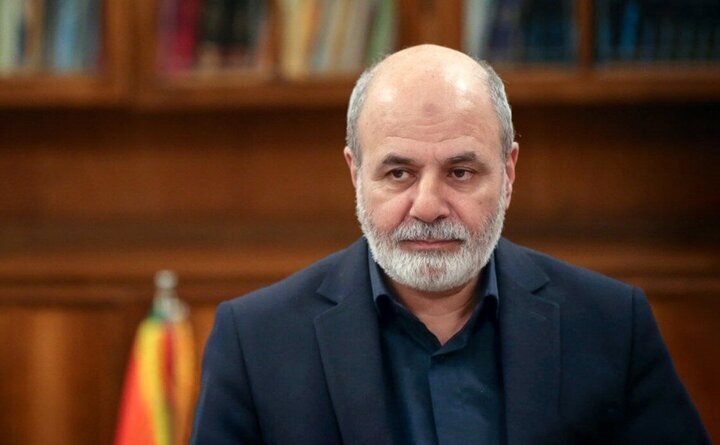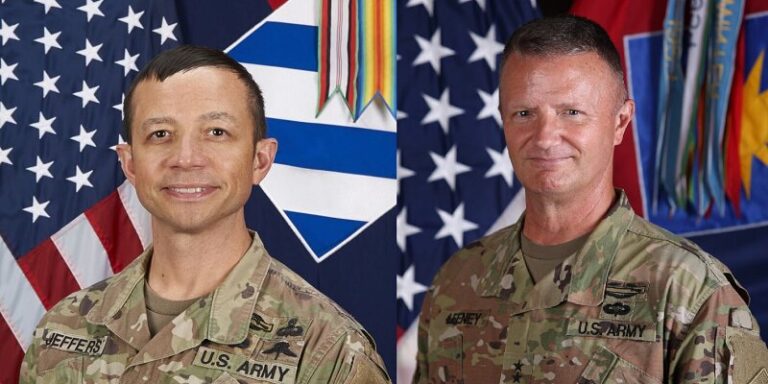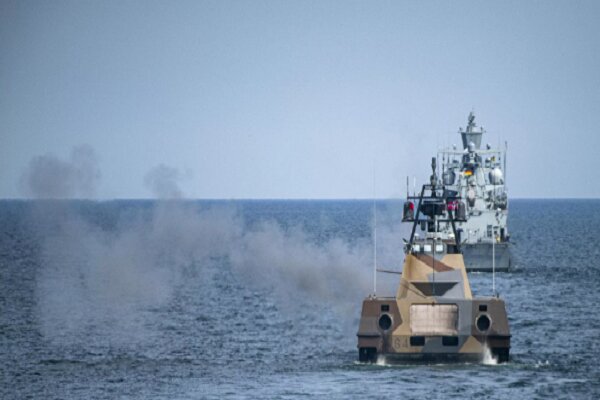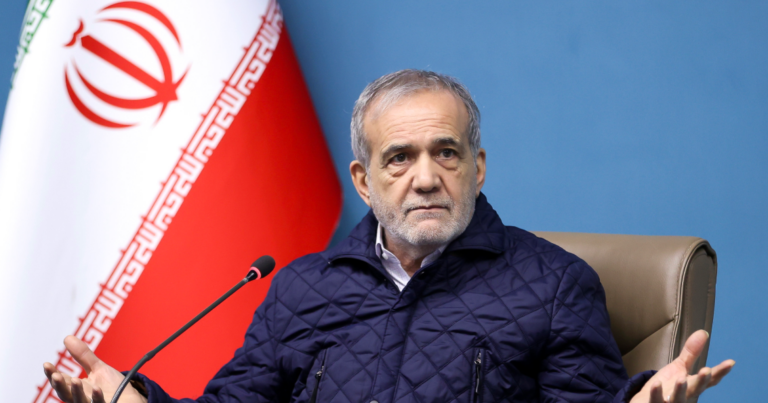Iran’s Security Chief Hosts Hamas Delegation in Tehran: Strengthening Ties Amid Regional Tensions
In recent developments, the Palestinian Islamic Resistance Movement, commonly known as Hamas, engaged in high-level discussions with top Iranian officials, including Ayatollah Seyyed Ali Khamenei, President Masoud Pezeshkian, and Parliament Speaker Mohammad Bagher Ghalibaf. These important talks focused on the ongoing situation in Gaza and the challenges facing the Palestinian people.
During these crucial meetings, the parties exchanged insights regarding the implementation of the ceasefire agreement in Gaza and celebrated the significant achievements of the Palestinian people during the Al-Aqsa Storm Operation. This operation has marked a period of over 15 months characterized by resilience, steadfastness, and resistance, as highlighted in a statement from Hamas.
The discussions were not limited to past achievements; they also addressed a range of pressing issues that continue to challenge the Palestinian cause. Key points of discussion included:
- Continuation of negotiations: The need for ongoing dialogue to address the Palestinian plight.
- Relief efforts: Strategies for providing immediate assistance to those affected in Gaza.
- Reconstruction: Plans for rebuilding infrastructure and homes devastated by conflict.
- Resistance efforts: The commitment to continue resisting until all holy sites are liberated.
- Inalienable rights: The necessity to secure the inalienable rights of the Palestinian people.
- Return of Palestinian refugees: The historical demand for the return of displaced individuals to their homeland.
The engagement between Hamas and Iranian leaders underscores a profound solidarity in the face of adversity, as both parties aim to fortify their positions regarding the Palestinian struggle. This collaboration comes at a time when the Palestinian community is grappling with numerous hardships, making the discussions particularly relevant and vital.
Furthermore, the meetings reflect a broader regional context where Iranian support for Palestinian groups has been a consistent theme. The Iranian leadership has historically positioned itself as a defender of Palestinian rights, which resonates deeply with the sentiments of many in the region. The Hamas delegation’s visit to Iran not only signifies mutual support but also the strengthening of ties between the two entities.
As the situation in Gaza remains complex and fraught with challenges, the implications of these discussions may extend beyond immediate tactical considerations. They also point to a long-term strategy for both Hamas and Iran to navigate the geopolitical landscape and advocate for Palestinian rights on a larger stage.
In conclusion, the recent talks between Hamas and Iranian officials highlight a critical moment in the ongoing Palestinian resistance movement. With a shared commitment to addressing the challenges ahead, the collaboration aims to pave the way for future initiatives that prioritize the well-being and rights of the Palestinian people. As the situation evolves, the international community watches closely, awaiting further developments in this pivotal region.






